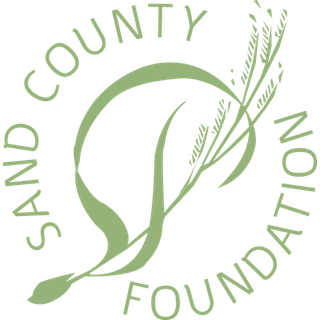Successfully farming in the Mississippi Delta goes hand in hand with properly managing its natural resources, namely water. This relationship is something Terry K. Maxwell has known since he began farming in this unique environment back in 1972.
Terry’s Hopeso Farms spreads across 3,200 acres in Sunflower County, where he grows corn and soybeans, and manages 225 acres of hardwood timber. He’s a respected figure in agricultural and conservation circles, known for his ability to effectively communicate and inspire others with his conservation efforts and techniques.
Terry first installed drainage pipes beneath farm fields to control erosion and prevent damage to soil from prolonged water saturation. By the 1990s he began the process of precision land leveling. Removing a field’s surface irregularities improves drainage while enhancing the performance of farm equipment.
He took another step to reduce runoff by implementing minimum tillage and growing cover crops. In addition to slowing erosion, cover crops enhance water infiltration, improve soil health and biodiversity, and control weeds, pests, and diseases. His $35 per acre cost to plant cover crops is offset by more than $100,000 in reduced input costs from precision agriculture techniques like soil sampling and variable rate fertilizer applications.
Soil samples are taken on every acre, every year at Hopeso Farms. Those results coupled with historical crop yield data inform proper nutrient management. This involves applying different amounts of fertilizer to different parts of a field growing the same crop. The benefits of variable rate fertilizer applications are more efficient nutrient use, lower input costs, and higher profits.
Investments in irrigation efficiency have led to significant economic impacts for Hopeso Farms. Terry was an early adopter of soil moisture meters that compute when sufficient water has reached a crop’s root zone for optimal growth. In 2012, he began installing water flow meters to help the Mississippi Department of Environmental Quality better manage water being drawn from the Mississippi River Valley Alluvial Aquifer (MRVA). These changes have resulted in using 25 percent less water and an annual savings of $112,000.
Terry didn’t stop there when it came to investing in ways to improve irrigation efficiency. He took 120 acres of farmland out of production to install four tailwater recovery systems, and repurposed an existing natural reservoir to collect, store, and re-use water from field drains and rainfall runoff. This system reduces his energy usage and reliance on the MRVA for irrigation.
Hopeso Farms serves as a USDA Farm Cooperative where hydrologists research how tailwater recovery systems achieve groundwater sustainability by tracking water quantity, quality, and overall usage. This collaboration has led to data collection that has appeared in peer-reviewed publications, and in presentations at field days organized to educate farmers and conservation professionals.
To reduce the impact that compaction has on soil’s ability to infiltrate water, tractors and grain carts at Hopeso Farms are equipped with wide tracks to distribute their considerable weight over a larger surface area.
Buffer strips along waterways help filter runoff, and provide habitat for wildlife, birds, and aquatic species. Timber management at Hopeso Farms includes selective harvesting that allows for natural regeneration within a healthy forest. Wooded areas also serve as crucial corridors for wildlife, facilitating movement and genetic exchange between different populations.
Terry’s integration of conservation across every acre of Hopeso Farms showcases what is possible in the Mississippi Delta and beyond.






